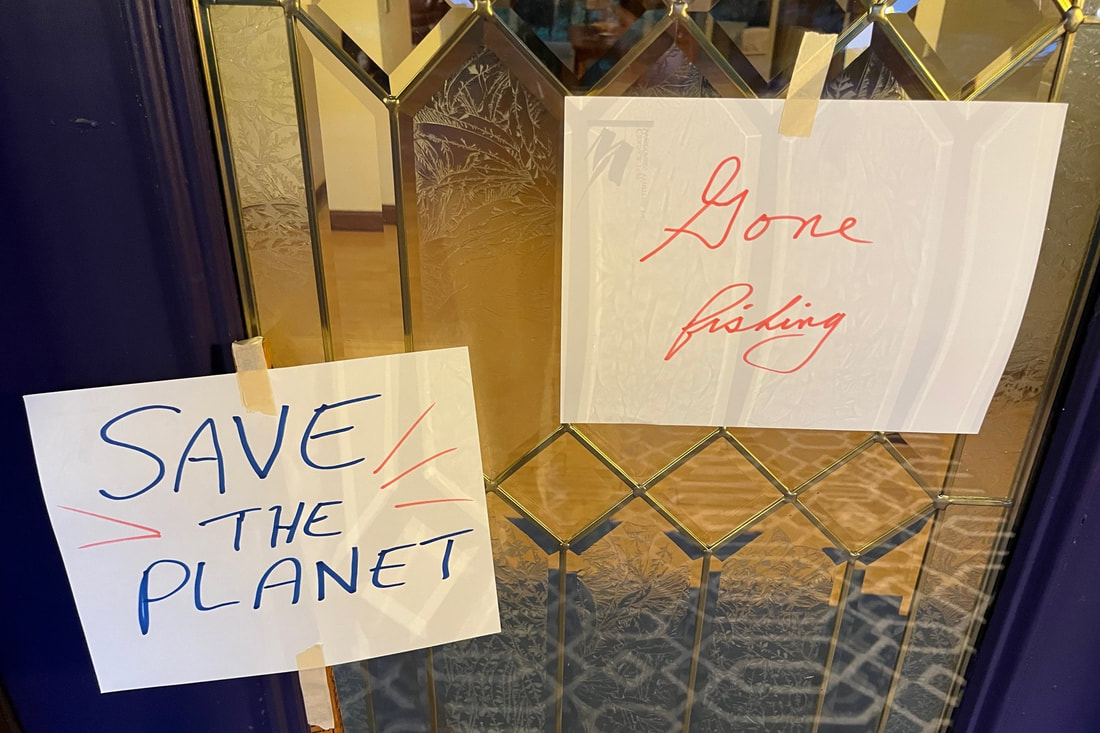|
Richard S. Gilbert writes, “I rise in the morning torn between the desire to save the world or to savor it.” When my must-do list is completed for the day, does should-do have a claim on any time and energy left over? Or are the remaining hours mine to enjoy as uselessly as I please?
Poets offer both answers. “The people I love the best jump into work head first,” Marge Piercy writes. “The pitcher cries for water to carry and a person for work that is real.” Yet from Mary Oliver we read, “You do not have to be good. . . . You only have to let the soft animal of your body love what it loves.” Who got it right? I suspect individuals differ in what will help them heal. Saint Augustine, after years of restless promiscuity, found peace through Christian asceticism. A thousand years later, Martin Luther—a religious over-achiever whose efforts to please God never felt like enough—found peace in the idea of salvation by faith. Telling young Augustine he did not have to be good would only have worsened his struggles, but it was exactly the message young Luther needed to hear.
0 Comments
Leave a Reply. |
AuthorI'm a historian who writes novels and literary nonfiction. My home base is Madison, Wisconsin. Archives
July 2024
|

 RSS Feed
RSS Feed